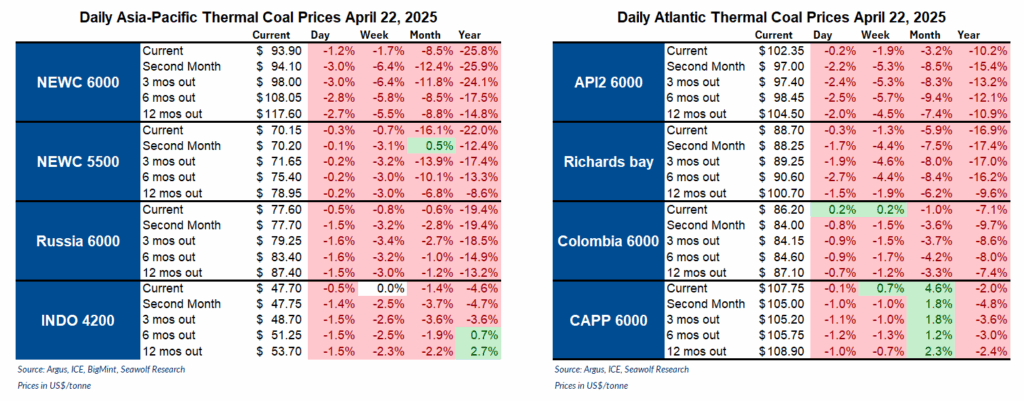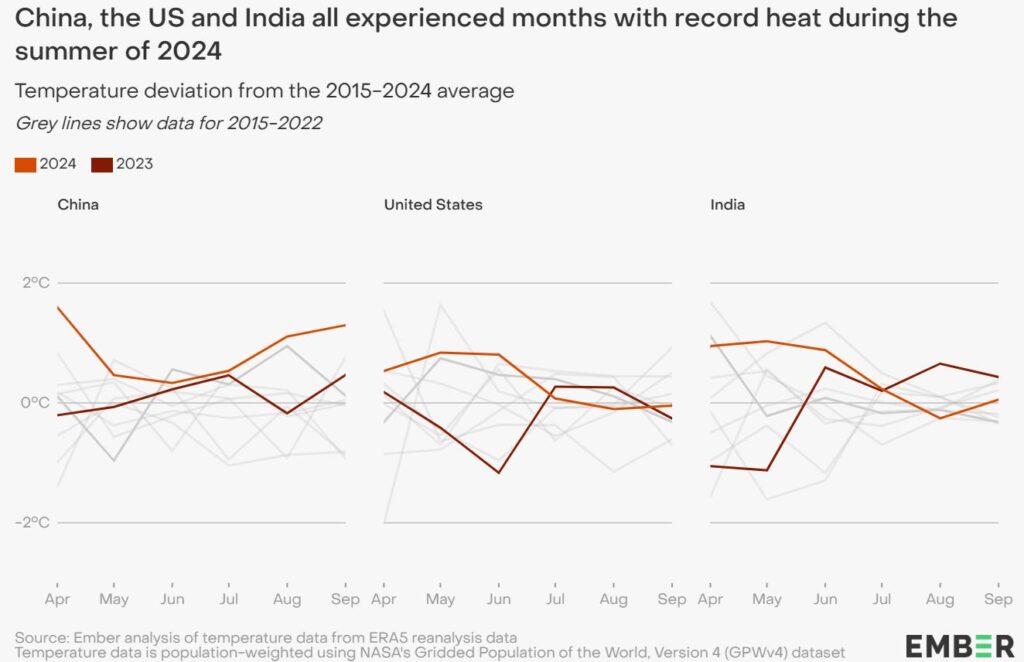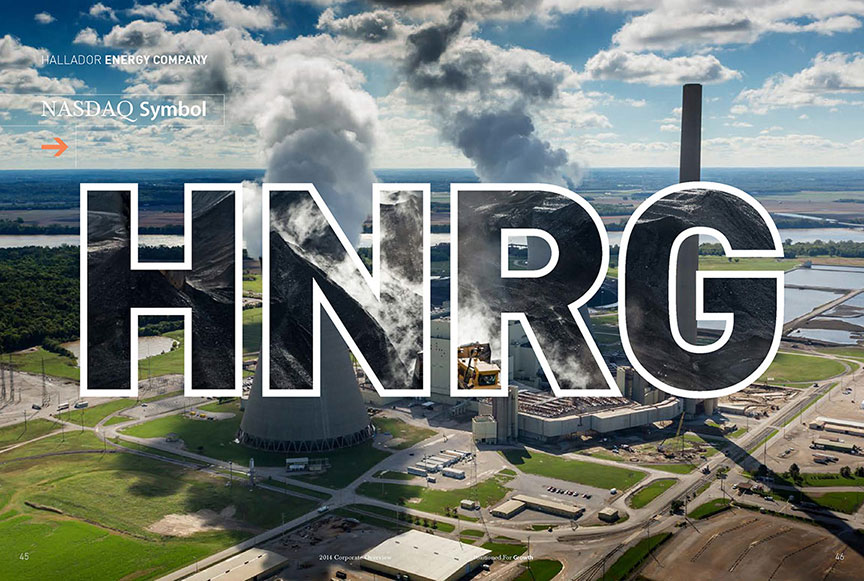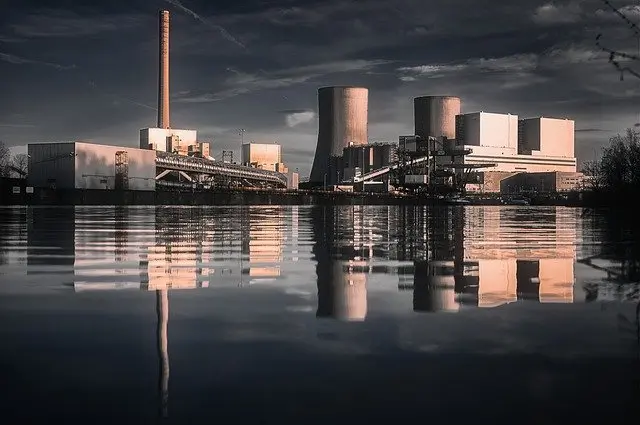India has not endorsed a pledge signed by over 118 countries at the ongoing COP28 summit in Dubai to triple renewable energy capacity by 2030, as doing so would have meant committing to a deal on phasing down coal.
India’s stance does not come as a surprise. In recent months, India has made it clear it would not yield to any pressure to abandon its plan to augment the capacity of coal-fired power plants to meet burgeoning power demand. It has maintained that the power demands of a growing economy are a priority that it cannot jettison.
India’s power minister, R K Singh, recently said, “COP28 is going to be held in UAE. There is going to be pressure on nations at COP to reduce the usage of coal. We are not going to do this since our point of view is clear that we are not going to compromise on the availability of power for our growth, even if it requires that we add coal-based capacity.”
Although India committed to tripling renewables by 2030 at the September G20 Summit in New Delhi, that agreement did not mention phasing down fossil fuels.
India’s position is that it has done well on the renewables front, and the focus should be on reducing carbon emissions and not on the choice of fuel.
The pledge, led by the European Union, was signed by the United States, Australia, Japan, Canada, and the COP28 host country, UAE.
The COP28 pledge said: “The International Energy Agency and the International Renewable Energy Agency forecast that, to limit warming to 1.5°C, the world requires three times more renewable energy capacity by 2030, or at least 11,000 GW, and must double the global average annual rate of energy efficiency improvements from around 2% to over 4% every year until 2030.”
“According to the IEA and IPCC, in order to meet the Paris Agreement goal, renewables deployment must be accompanied in this decade by a rapid increase of energy efficiency improvements and the phase down of unabated coal power, in particular ending the continued investment in unabated new coal-fired power plants, which is incompatible with efforts to limit warming to 1.5°C,” the document said.
China, which has the largest renewable capacity in the world and continues to build coal-fired power plants, did not commit to the pledge.









